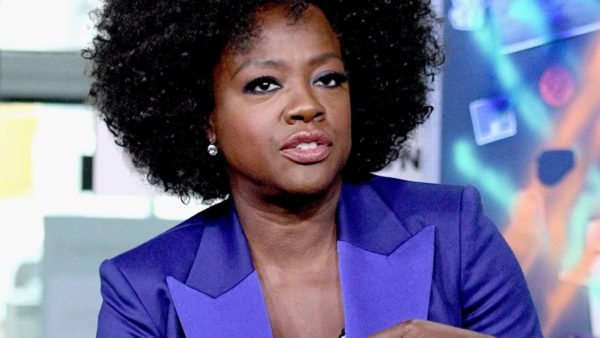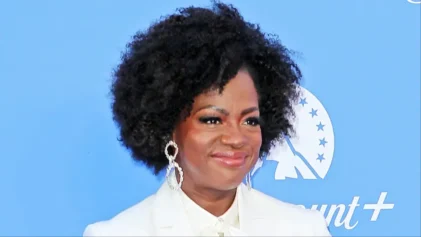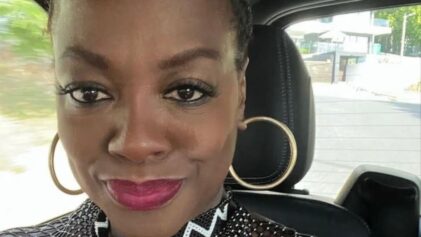Viola Davis has done a lot on stage, TV, and in film throughout her career, but one can say that her participation in “The Help” benefited her greatly.
Yes, the respected actress made an impressive name for herself before the 2011 film, but after its release, her fame notched up several levels. But despite what “The Help” did for Davis’ career, she has major regrets about being in it.

“There’s no one who’s not entertained by ‘The Help,’” she said during an interview in Vanity Fair’s latest edition. “But there’s a part of me that feels like I betrayed myself, and my people, because I was in a movie that wasn’t ready to [tell the whole truth]. ‘The Help,‘ like so many other movies, was created in the filter and the cesspool of systemic racism.”
The 2011 film, based on Kathryn Stockett’s novel of the same name, is about Black maids working for white families and raising their children in Jackson, Mississippi, in 1963 during the civil rights movement.
Davis plays the part of Aibileen Clark, while Octavia Spencer portrays character Minny Jackson, and the maids receive horrible, racist treatment.
While “The Help” touches on some of the racism that took place in 1963 Mississippi, it dances around the true horrors that Black people faced at that time. Instead, it was written to be a feel-good movie.
Despite that being the case, “The Help” was trending after the death of George Floyd, the Black man who died at the hands of a white Minneapolis police officer on Memorial Day.
After Floyd’s death and the start of nationwide anti-racism, many non-Blacks were seeking out films and books to better understand racism, and “The Help” began surging in views on streaming services.
Davis said she only took the role because she “was that journeyman actor, trying to get in” and understood why it was written to entertain instead of educate.
“Not a lot of narratives are also invested in our humanity,” Davis explained. “They’re invested in the idea of what it means to be Black, but … it’s catering to the white audience. The white audience at the most can sit and get an academic lesson into how we are. Then they leave the movie theater and they talk about what it meant. They’re not moved by who we were.”
Davis, who received an Oscar nomination for “The Help,” talked about regretting her part during a separate Vanity Fair interview in 2018. Spencer won an Oscar for Best Supporting Actress for her role.
“I just felt that at the end of the day that it wasn’t the voices of the maids that were heard,” Davis said two years ago. “I know Aibileen. I know Minny. They’re my grandma. They’re my mom. And I know that if you do a movie where the whole premise is, I want to know what it feels like to work for white people and to bring up children in 1963, I want to hear how you really feel about it. I never heard that in the course of the movie.”


